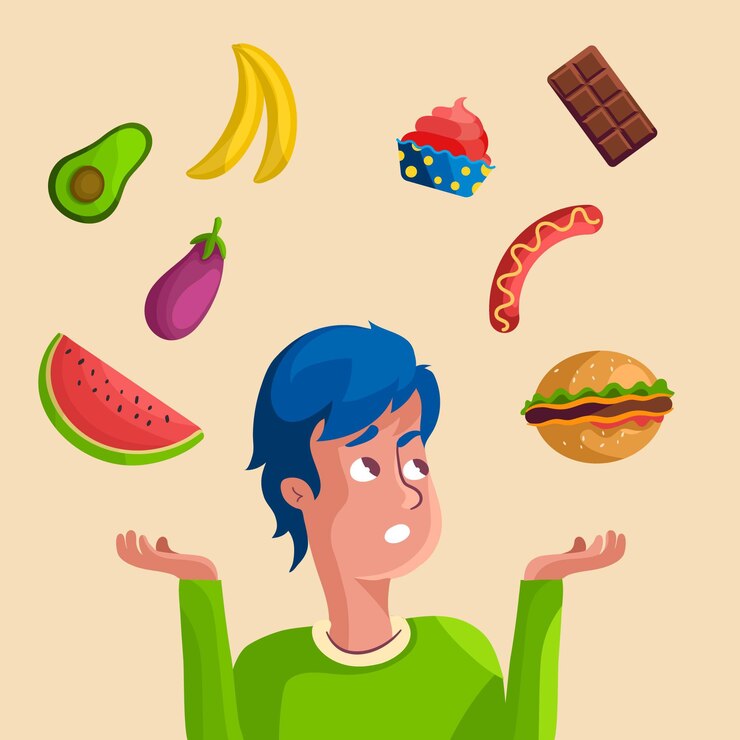
Eating Right for a Healthy Brain: Stroke and Nutrition
When it comes to preventing stroke or aiding recovery after one, what you eat matters.
A healthy diet can play a crucial role in lowering your risk of stroke and supporting your body’s healing process if you’ve already had one. In this guide, we’ll explore some simple yet powerful diet tips to help you stay healthy and reduce the risk of stroke.
1. Load Up on Fruits and Veggies:
Fruits and vegetables are packed with vitamins, minerals, and antioxidants that support overall health, including brain health. Aim to fill half your plate with colorful fruits and veggies at each meal to ensure you’re getting a variety of nutrients.
2. Choose Whole Grains:
Swap refined grains like white bread and pasta for whole grains like brown rice, quinoa, and whole wheat bread. Whole grains are rich in fiber, which can help lower cholesterol levels and reduce the risk of stroke.
3. Opt for Lean Proteins:
Choose lean sources of protein such as poultry, fish, beans, and legumes instead of fatty cuts of meat. These protein sources are lower in saturated fat and cholesterol, making them heart-healthy choices.
4. Limit Sodium Intake:
Excess sodium can raise blood pressure, increasing the risk of stroke. Aim to limit your sodium intake by avoiding processed foods, canned soups, and salty snacks. Instead, flavor your meals with herbs, spices, and lemon juice.
5. Watch Your Fat Intake:
While some fats are essential for brain health, too much saturated and trans fats can raise cholesterol levels and increase the risk of stroke. Limit your intake of fried foods, fatty meats, and full-fat dairy products, and opt for healthier fats like those found in nuts, seeds, and avocados.
6. Stay Hydrated:
Drinking plenty of water is essential for overall health, including brain function. Aim to drink at least eight glasses of water a day, and limit sugary drinks and alcohol, which can contribute to dehydration and increase the risk of stroke.
7. Enjoy Treats in Moderation:
While it’s essential to focus on eating healthy most of the time, it’s also okay to enjoy treats occasionally. Just be mindful of portion sizes and try to balance indulgences with healthier choices throughout the day.
Conclusion:
By making simple changes to your diet and adopting healthy eating habits, you can lower your risk of stroke and support your body’s recovery if you’ve already had one. Remember to focus on eating plenty of fruits, vegetables, whole grains, and lean proteins, while limiting sodium, unhealthy fats, and sugary drinks.
To seek medical advice, always consult a Doctor.
Here are our recommended experts.
Click here
To read more on Stroke. Click Here


